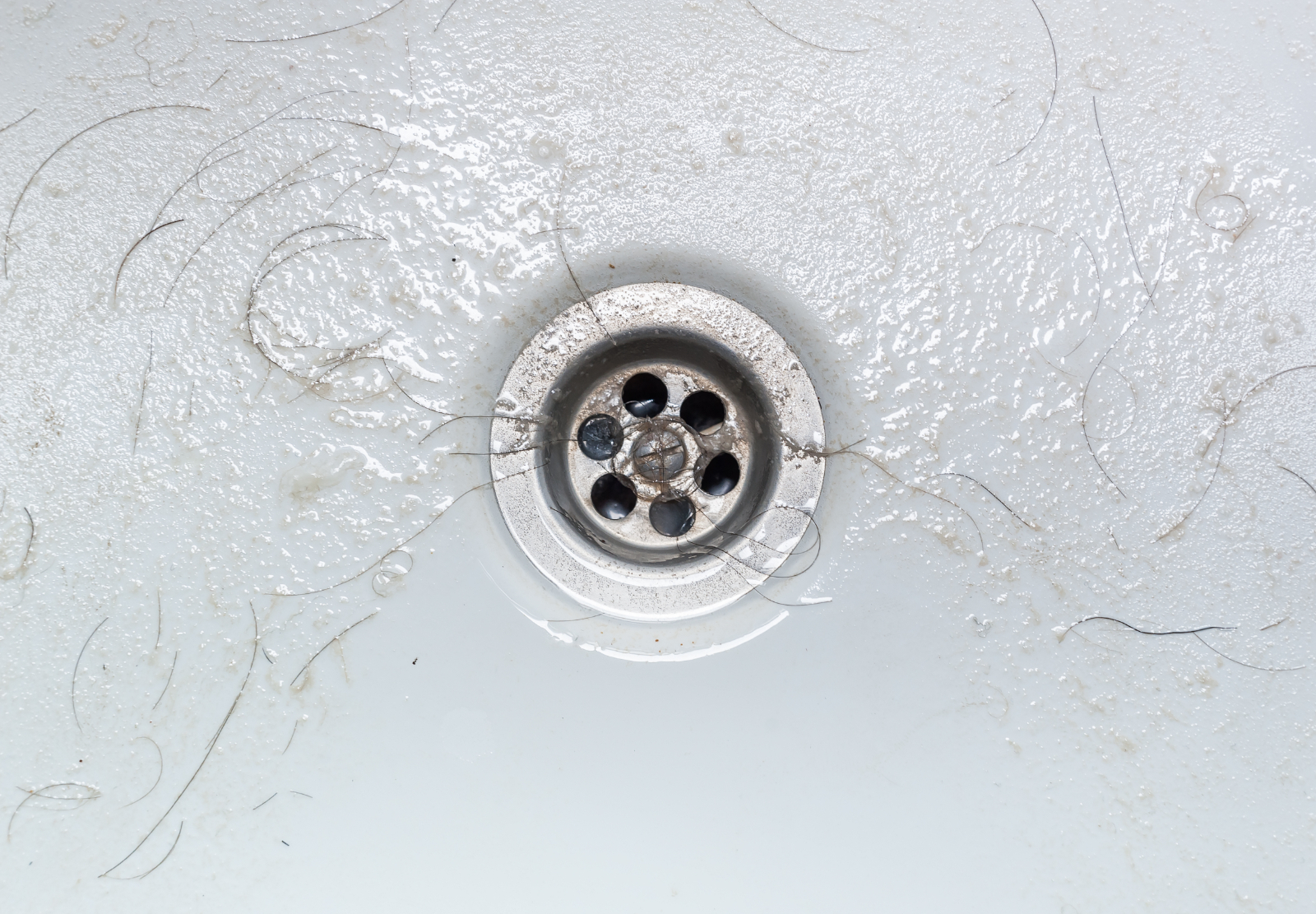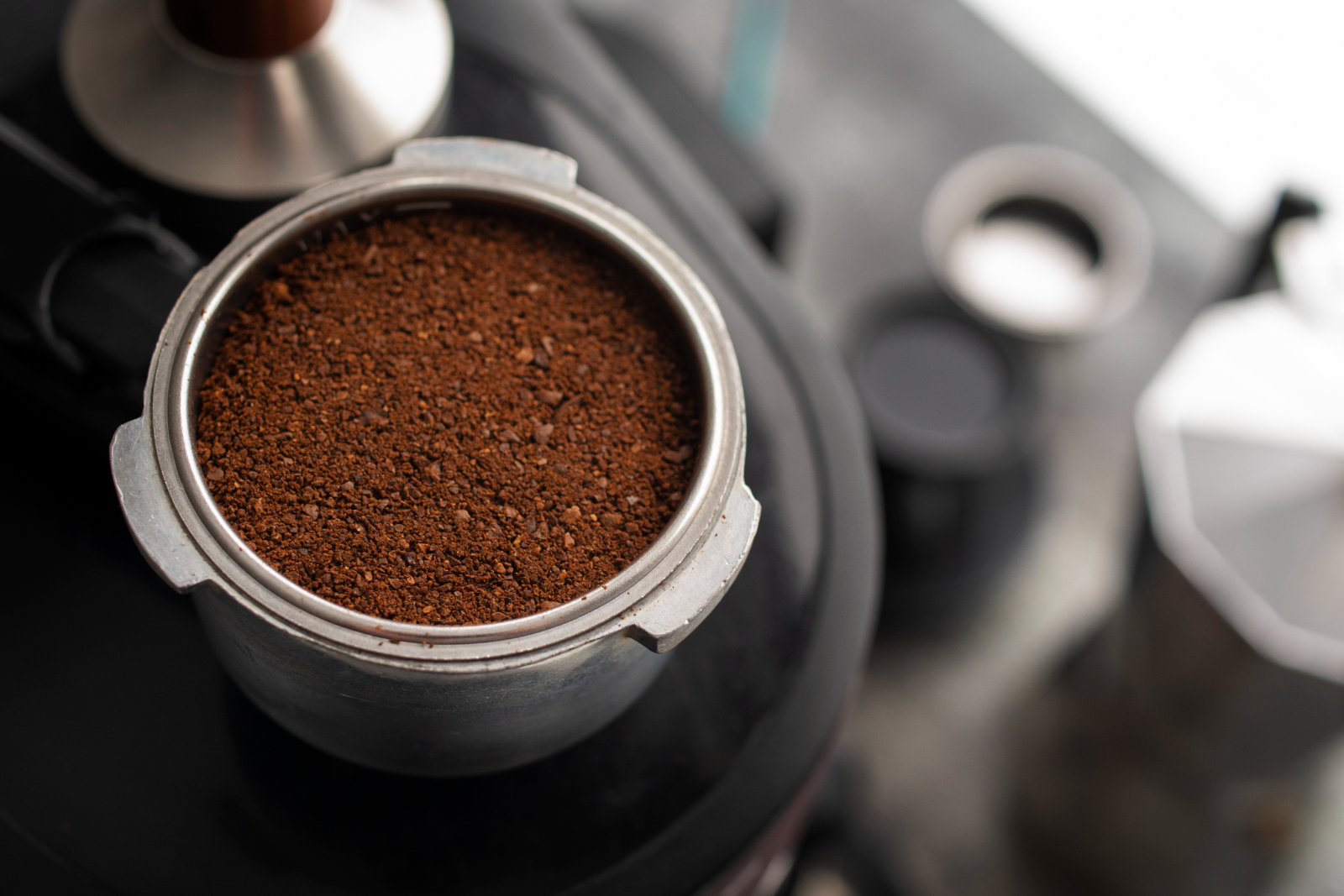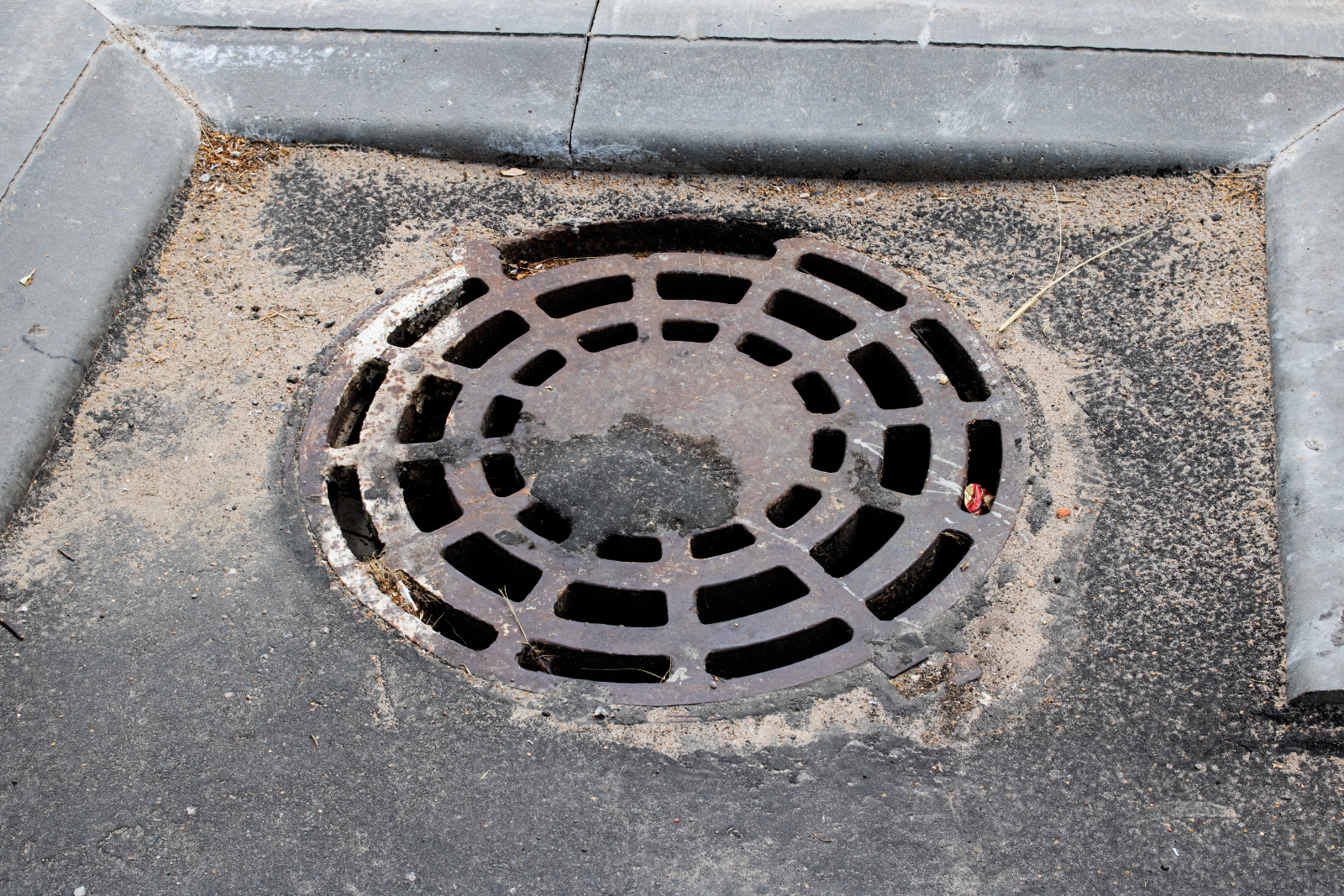Are you asking: how do I prevent blocked drains? Discover effective tips and techniques to prevent blocked drains with our comprehensive guide. Learn how to maintain your plumbing system, adopt smart habits, and avoid common mistakes that lead to clogs.
Robert Cliff Ltd provide local plumbing services for Uppingham, Oakham, Stamford and Rutland. Keep your drains free-flowing and your home hassle-free with our expert advice.
How To Prevent Blocked Drains?
Drain blockages are quite miserable. They create inconvenience and have unpleasant odours. And, if ignored, may result in long-term plumbing issues in your house. The good news is that you have a lot of options for preventing clogs in your home's drainage system. Washbasin strainers can be put over plugholes to protect your drains.
They are designed to only let water pass through, keeping bigger objects from obstructing your drains. Sink strainers are a wonderful idea for both your kitchen and bathroom sinks. They capture waste from your kitchen and bathroom from hair to cosmetic products.
Your drains' worst enemies are grease and oil. Pouring them down your kitchen sink will block the drainage system in your home. Remember that just because something can go down the plughole doesn't mean that it should. While your drain can handle liquids like water, frying oil and grease are completely other matter.
These materials solidify inside pipes, forming a clog that can be challenging to remove. When additional food and soap sludge gets lodged behind them, the issue grows. Drainage systems for toilets can manage waste and toilet paper, but flushing other items can cause a clog.
Sanitary towels don't degrade the same way toilet paper does, and neither do baby wipes. To prevent clogged pipes and drains, it is recommended to dispose of items in a container. You might want to think about the sort of toilet paper you're using if you're still experiencing issues with clogged toilets and drains. Although it is uncommon, toilet paper that is more upscale has been known to clog drains.
If you must use it, try not to use too much at once to avoid clogs. Sometimes the issue could not even originate in your house. Your outdoor drains may get obstructed if leaves and other garden waste are washed into them. To avoid leaves clogging your drains, keep your landscape neat and rake them away.

Top Tips For Preventing Blocked Drains:
1. Use A Drain Strainer
You may prevent tiny particles from entering your drain pipes by placing a drain strainer, a stainless steel item, on the drainage hole. To prevent food waste from falling down the drain, you can place it over the opening of your sink's drain.
A strainer can assist in preventing blocked drains caused by hair, soap, and debris. By adding this straightforward and inexpensive substance, you reduce the likelihood that your drains will clog.
2. Avoid Pouring Cooking Grease Into The Kitchen Sink
Due to the fact that cooking grease isn't solid, some believe that disposing of cooking oil in the sink isn't a concern. However, grease can still adhere to the interior of the pipes.
This grease will remain there and accumulate over time. To avoid this, you should dispose of old cooking oil by putting it in a can or jar. Once it is full, you may discard the container in the garbage.
3. Pour Boiling Water Down the Kitchen Drains
You can still end up with some debris in your kitchen sink despite your best efforts. This makes sense since certain wastes are too tiny and slippery. However, they can collect if they land in your washbasin.
So, pouring a pot of boiling water will assist to decrease the harm caused by these undesirable pieces. This will melt the accumulated grease and debris in your kitchen drain if you do it once a week. To prevent burns, take caution and pour the hot water carefully.
4. Only Flush Toilet Paper Down Toilet
Other items should not be flushed down the toilet, except toilet paper. You could believe that because sanitary items are little, flushing them down is okay.
But because they are comprised of plastic and cotton, sanitary things like pads and tampons must be thrown away. Blocked pipes result from flushing these items.
5. Get Regular Pipe Inspections
The easiest approach to avoid a blocked drain is to ask for expert help to assess your drainage. Drainage problems exist, however, they are not immediately obvious.
For experts, identifying these types of issues is simple. However, if your drains remain clogged, it won't be a cheap fix. It's better to have regular maintenance, rather than face a costly bill.

Common Causes Of Drain Blockages
Hair
Showers and sinks are frequently used for hair. The more hair that falls out when washing, the longer the person's hair is. It doesn't take long for long hair on women, or even males, to begin blocking the pipes. Get a guard or trap that can grab the hair before it goes down the pipes to stop this from happening.
Nappies
Misuses, such as dumping inappropriate items down your washbasin or toilet, are by far the biggest reason for blocked drains. People trying to flush nappies down the toilet are by far the largest contributors to clogged drains. They're not intended to be flushed. The nappy will become trapped in the pipe and clog it since nappies do not disintegrate in water.
Oils And Fats
Although you can wash it down the sink or flush it down the toilet, oil and fat are heavier than water. As soon as it encounters a curve in the pipe, it can collect and become trapped. It eventually solidifies and clogs, leading to an expensive obstruction. The best thing to do if you have fat or oil to discard is to place it in a sealable container and place it in the trash.
Wipes
Another frequent reason for drain obstructions is the use of wipes. They appear very benign on their own, but when combined, they can result in serious obstructions. If you do use wipes, kindly dispose of them in the trash rather than flushing them.
Condoms
Another thing that might clog drains is condoms. They appear to be completely safe to flush down the toilet, but they don't dissolve in water. This means that any small obstruction can be made worse by a condom and require immediate repair. Condoms are therefore best disposed of in the bin if you need to.
Feminine Products
Women utilise a variety of goods, including cotton buds and sanitary towels. These things all go in the bin, not down your drains. Keep a bin next to your toilet or sink and dispose of anything that might clog them there, instead of flushing it away.

Coffee Grounds
We all like a good cup of genuine coffee, and home-brewed coffee is becoming more and more common. However, this tendency has also resulted in a sharp increase in the amount of coffee grounds and filters that clog drains. Tea bags and coffee grinds should never be put in your water pipes; instead, they should be disposed of in the bin.
Eggshells
Another thing that appears possible to put in your kitchen sink is eggshells. However, if there is a small buildup in your pipes, eggshells may accumulate and make the issue much worse. Eggshells may be used for a variety of purposes, but one of those things isn't to flush them down the toilet.
Eggshells
Another thing that appears possible to put in your kitchen sink is eggshells. However, if there is a small buildup in your pipes, eggshells may accumulate and make the issue much worse. Eggshells may be used for a variety of purposes, but one of those things isn't to flush them down the toilet.
Paint
A clogged drain can even be caused by pouring paint down the sink. In addition to containing dangerous ingredients, paint is not intended to be poured via water lines. To be disposed of properly, all paint must be contained in a tin.
Food Waste
One of the single largest contributors to clogged drains is food waste. It's common for people to have food left over on their plates after dining, and it might be tempting to just flush it down the toilet. However, the remaining food then remains, accumulates, and can seriously clog your pipes. The ideal option would be to dispose of any remaining food waste in the trash. You may get waste disposal equipment for your sink that shreds the food before washing it away.
Do you require plumbing services in Leicestershire? We offer services to both domestic and commercial customers Uppingham, Oakham, Stamford, Peterborough and Rutland. Our charges are highly competitive and realistic. If you are experiencing problems with your central heating - Please contact us.

